Banking on bunkers in the Swiss Alps
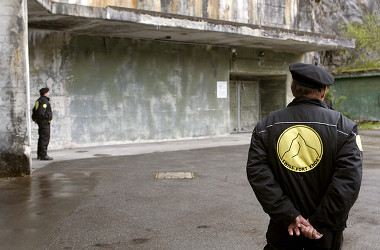
Sheltered deep within the Bernese Oberland, two old military bunkers now serve as maximum security vaults for the use of an international clientele.
Swiss Fort Knox borrows its name from the Kentucky version, which happens to be the home of the United States Bullion Depository.
The focus is on secure data storage in the resort towns of Saanen and Zweisimmen, but it’s safe to say that just about anything could find a well-guarded home in the bedrock.
With men in black fatigues, numerous checkpoints and alarm systems plus blast- and bullet-proof doors – these underground fortresses are equipped to repel everything from natural disasters to terrorist attacks.
Rock solid
Judging by the scruffy-looking exterior, you’d hardly imagine the sophistication of the operations being carried out within Swiss Fort Knox.
Yet just beyond the weather-beaten door carved into the mountainside, a mix of high-tech gadgetry and iron-clad security ensures that nothing gets in – or out – unnoticed.
“Both Swiss Fort Knox I and II are zero-risk facilities,” according to Christoph Oschwald, the CEO of SIAG Secure Infostore, which is a private bank for digital assets.
After years of preparation, SIAG opened the Saanen portion of Swiss Fort Knox in 1996. Ten kilometres away, the Zweisimmen branch followed a few years later.
Swiss Fort Knox is prepared for fires, floods, earthquakes and power outages – not to mention nuclear, biological and chemical attacks.
Its clients are from 30 nations, and some of them make use of the on-site landing strips and customs office.
Others do their business remotely via the Internet, taking advantage of the data backup service offered.
Buried treasure
“As private people we all have digital treasure like photos, contracts and scanned documents,” Oschwald tells swissinfo.ch. He himself has about ten gigabytes’ worth that he keeps in Swiss Fort Knox.
“Our smallest client might be a student somewhere in Singapore storing the data from his laptop computer and paying nine francs a month,” says Oschwald.
In contrast, big international firms might spend between one and two million Swiss francs per year to ensure that their data is backed up daily and accessible from anywhere in the world.
To fend off snoops, all data travelling in and out of the system is encrypted with a whopping 448-bit key. (In comparison, online banking is generally done with a 128-bit key.) Technicians clad in white jumpsuits ensure that everything runs smoothly, and no visitors are allowed in the server room.
“We are treating and keeping the data like it’s worth billions … we must be like a bank – very safe and very secure. Because it is a technical installation and not just a gold vault, it is very difficult to achieve this – and this is why Swiss Fort Knox is so special because it is zero-risk and very complex,” explains Oschwald.
Login and password information isn’t stored anywhere; if the customer loses that information, nobody in-house will be able to help him.
Meanwhile, there’s also room for low-tech in this state-of-the-art fortress. In May, European researchers deposited a “digital genome” that will allow future generations to read data stored using obsolete technology.
It contains a selection of file formats and devices to store and open the data – data which might otherwise be lost forever because of its fragile nature.
“To protect the time capsule from physical deterioration, we looked for the safest storage centre – the high-security Swiss Fort Knox,” said Andreas Rauber, a Vienna professor involved in the “Planets” project. Planets stands for Preservation and Long-term Access through Networked Services.
Safe secrets
But what about those clients who drop in via private jet or helicopter?
Discretion is key at Swiss Fort Knox, and Oschwald remains coy when asked what other sorts of valuables might find their way into the bunkers.
As World Gold Council spokeswoman Stephanie Mackrell pointed out to swissinfo.ch, “Gold is a physical asset which offers simplicity, transparency and security in a landscape of increasingly complex and volatile financial markets.”
So for those who’ve lost faith in the banking industry, a secret hideaway could be the perfect solution.
“To keep valuables is a Swiss thing, right? We have been protecting the Catholic Pope for 500 years and our private banking is internationally known and has a long tradition, so we are good at storing things,” says Oschwald.
Smiling, he adds “I’m sure Switzerland is good at storing gold for other clients and nations as well. But I can’t give you further comments on that.”
As the tour of Swiss Fort Knox comes to a close, Oschwald leads the labyrinthine way back to the main door. Machines beep, doors open and slam shut, and the young guard tries to keep a stern face.
When the final door opens, only a sliver of natural light gets in; secrets aren’t meant to see the light of day.
According to a report from the World Gold Council, there has been a steady decrease in official international gold sales as well as holdings over the past decade.
Switzerland held 2,590 tonnes of gold in September 1999; about ten years later, the figure is down to 1,040. That’s a bit less than China’s current holdings. In comparison, the United States has 8,133 tonnes.
“Investment demand for gold has risen steadily over the last decade and is the fastest growing category of global gold demand,” as WGC spokeswoman Stephanie Mackrell told swissinfo.ch.
“Yet, gold represents less than 1% of total global investment assets, meaning that the market opportunity for growth in gold investment is still significant.”

In compliance with the JTI standards
More: SWI swissinfo.ch certified by the Journalism Trust Initiative
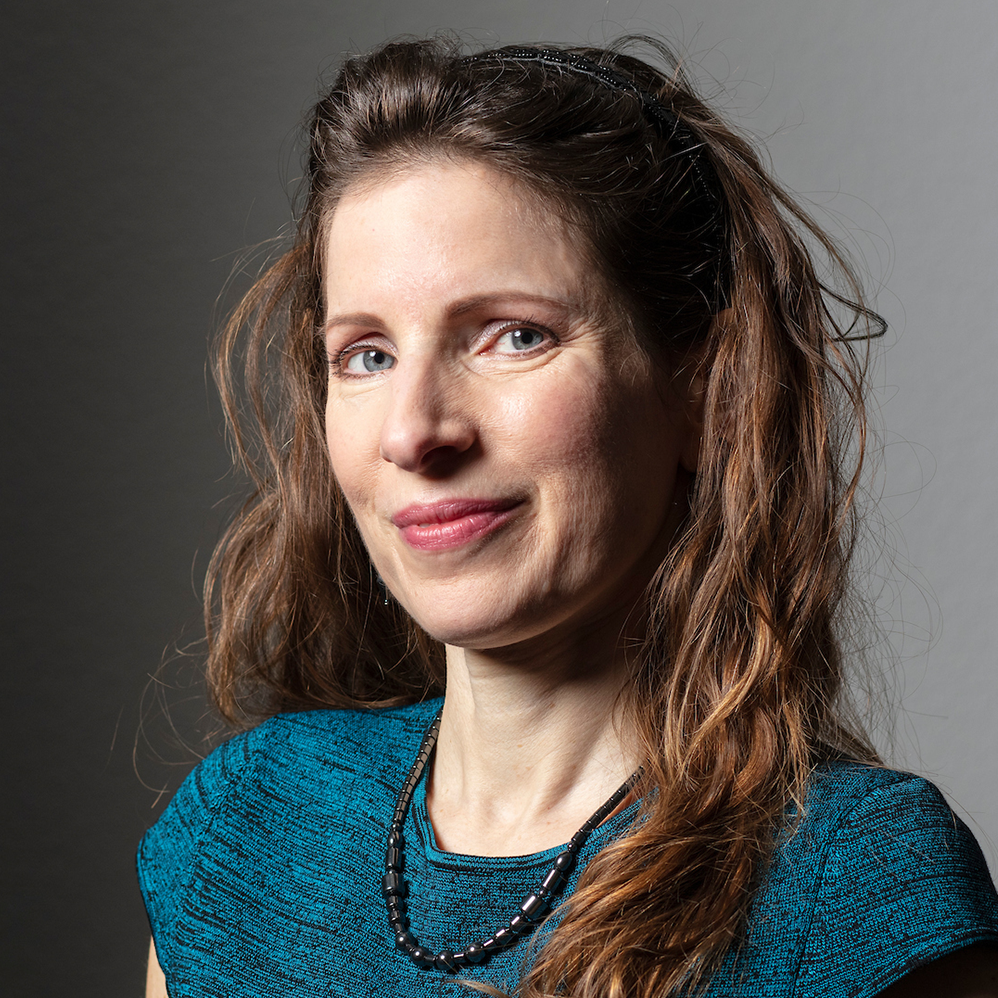
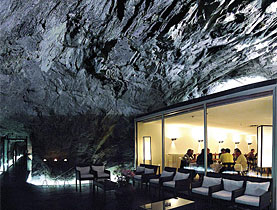
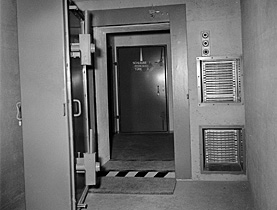
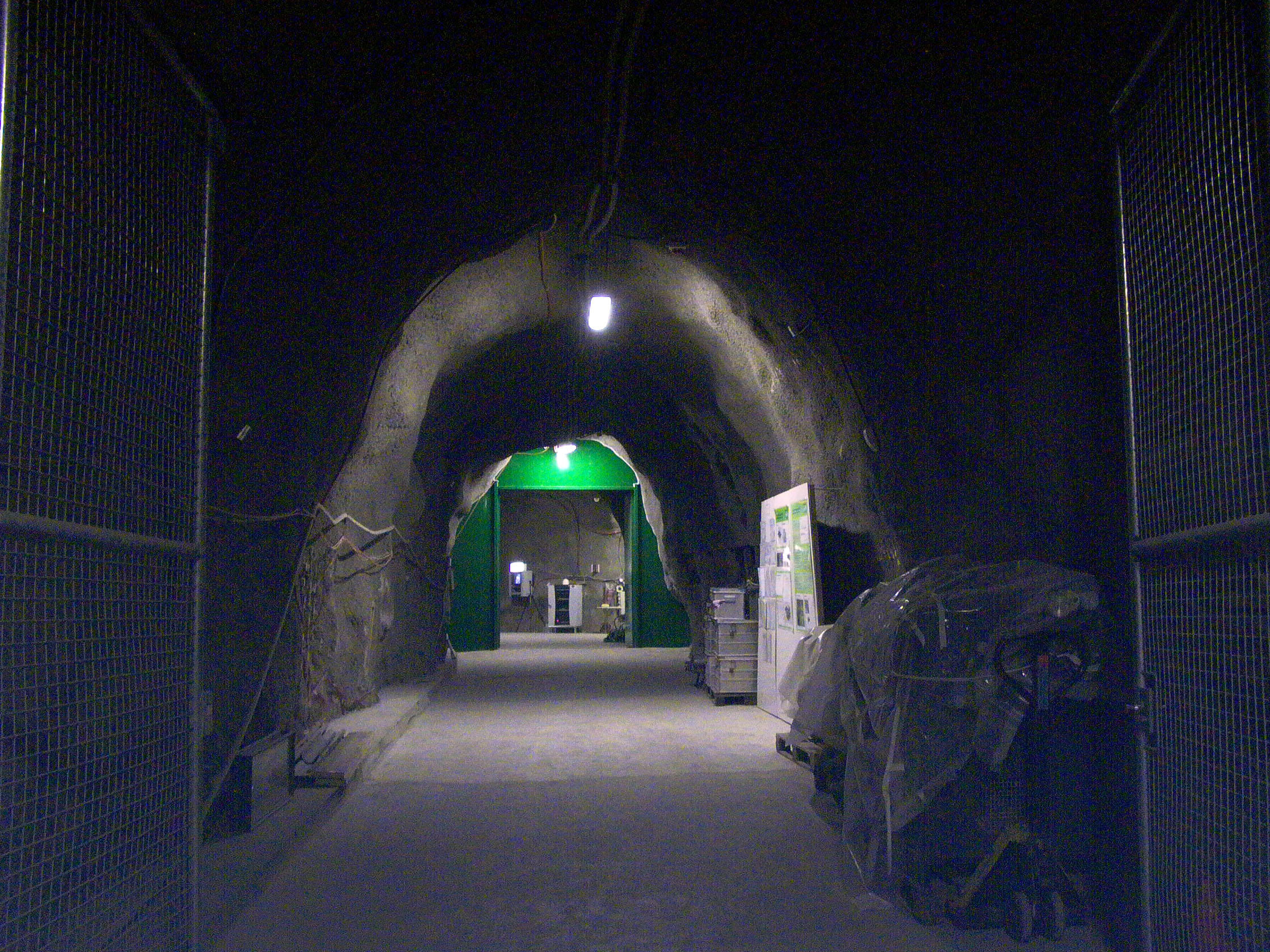
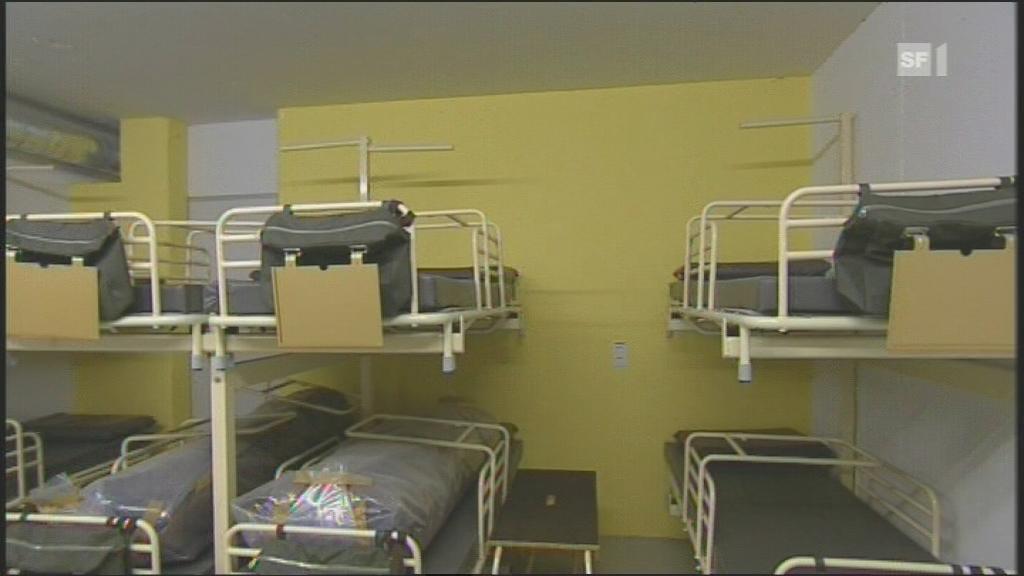
You can find an overview of ongoing debates with our journalists here. Please join us!
If you want to start a conversation about a topic raised in this article or want to report factual errors, email us at english@swissinfo.ch.